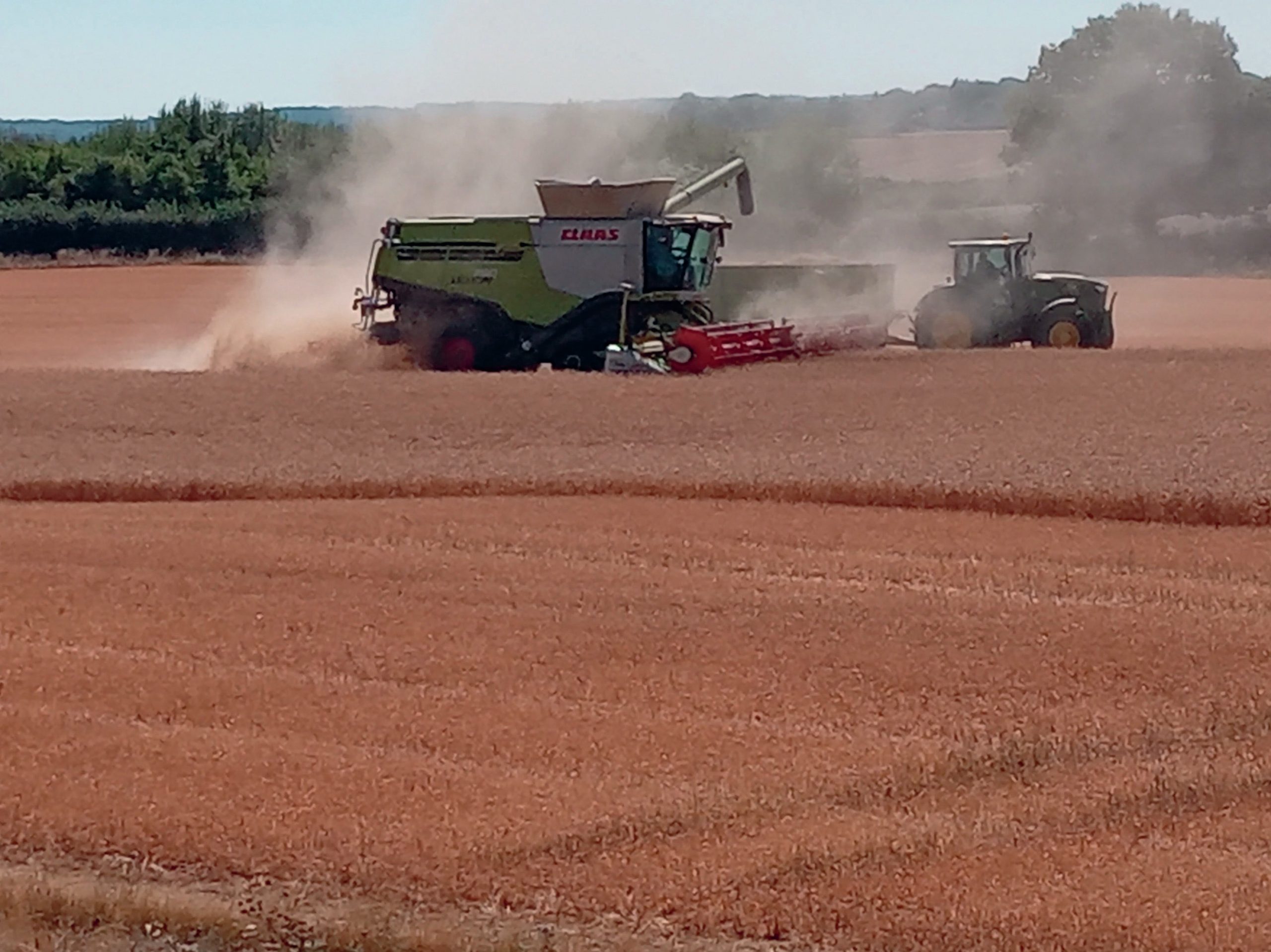
Since leaving the European Union (EU) in 2020, UK farming has undergone a period of great change. Farmers are being rewarded by the UK government for supporting nature and soils, improving water quality and managing their contribution to climate change. This aims to create a sustainable future for farming and food production, but will the UK be able to become food secure?
Currently the UK produces about 60% of its food needs, but some of this is exported to other countries, leaving 54% of the food eaten in the UK being produced domestically. This means that the UK imports 46% of its food and with this comes food miles making up approximately 11% of the UK’s carbon emissions. An alternative to importing food from other countries is producing more food in the UK. However, the chosen methods of farming can have significant consequences for the global and local environment.
Your organisation does not have access to this article.
Sign up today to give your students the edge they need to achieve their best grades with subject expertise
Subscribe



